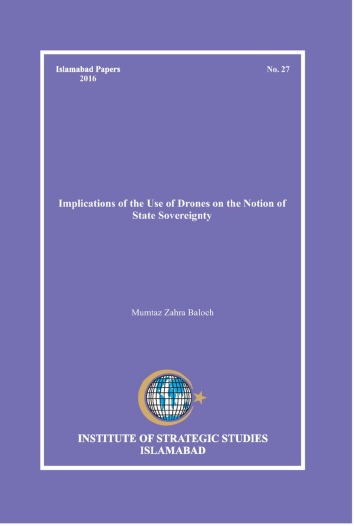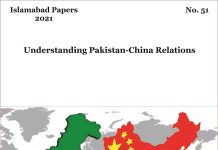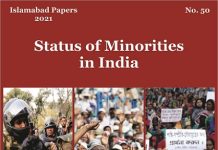Introduction
Lydia de Beer defines drone or Unmanned Aircraft System (UAS) as a “powered, aerial vehicle that does not carry a human operator, uses aerodynamic forces to provide vehicle lift, can fly autonomously or be piloted remotely, can be expendable or recoverable, and can carry a lethal or non-lethal payload.” The US arsenal of armed drones consists of Predator and Reaper.
Rapid increase in the use of drones by the United States in Pakistan, Yemen and Somalia over the last few years has received international attention. Legal scholars both in the United States and in other countries have attempted to assess the impact of their use on the international law. There is a robust body of literature on the use of drones and the notions of self-defense and targeted killings. This paper is a study of the impact of the use of drones on the notion of sovereignty.
As we explore whether unrestricted use of drones is creating a new norm of sovereignty, we will first discuss the notion of state sovereignty in international law, its evolution over the years, and the centrality of inviolability of borders and territorial integrity in international law. We will then evaluate if the use of drones by the United States in areas outside conflict zones is creating a new precedent in international law with a special focus on the case of Pakistan.















